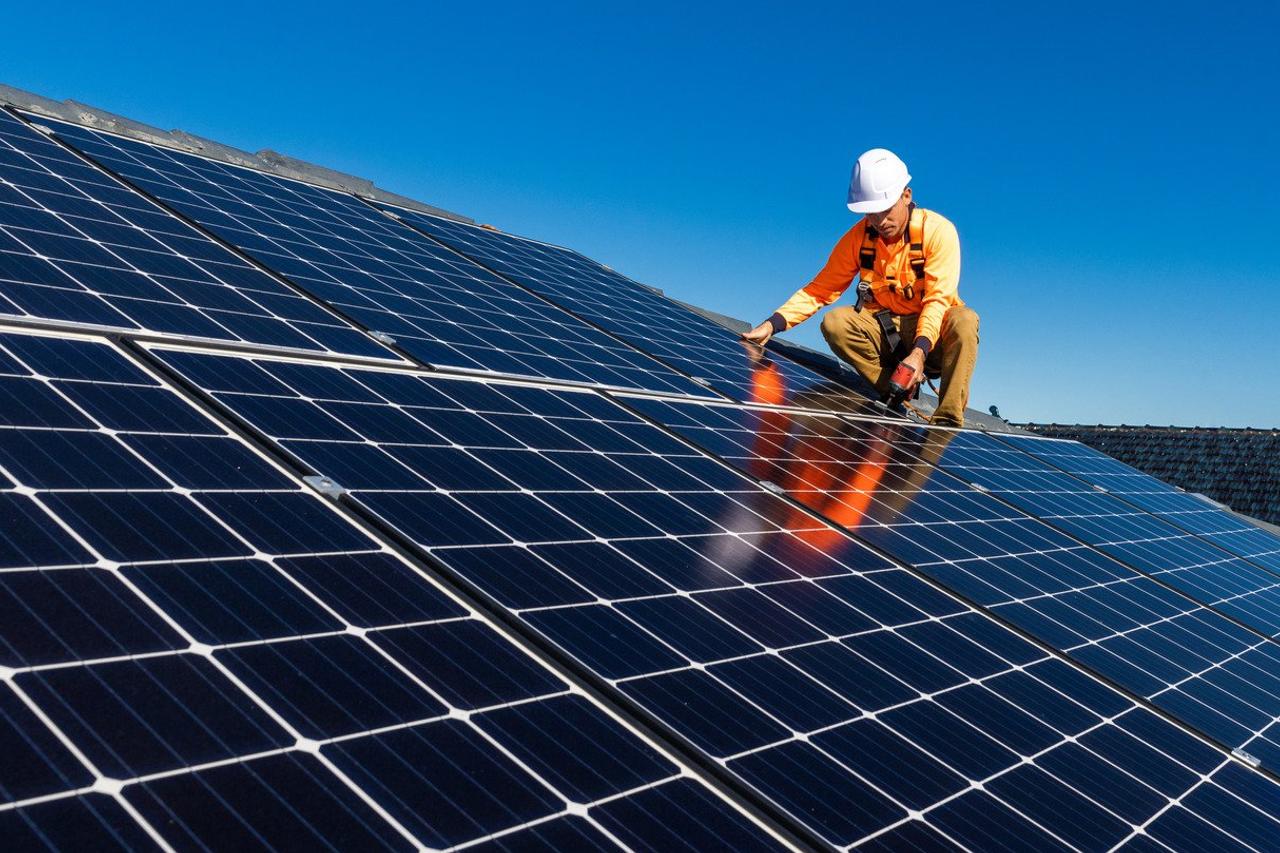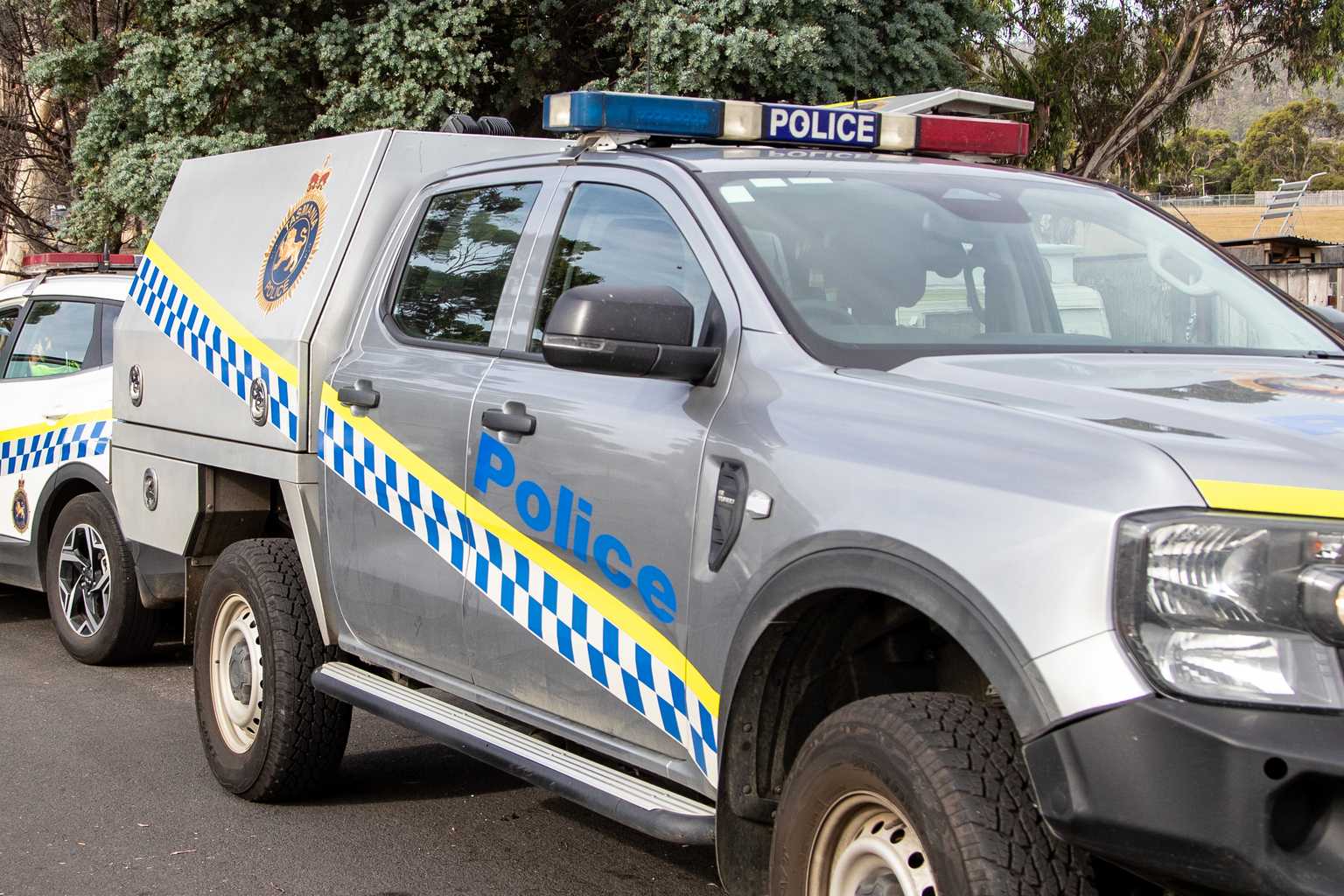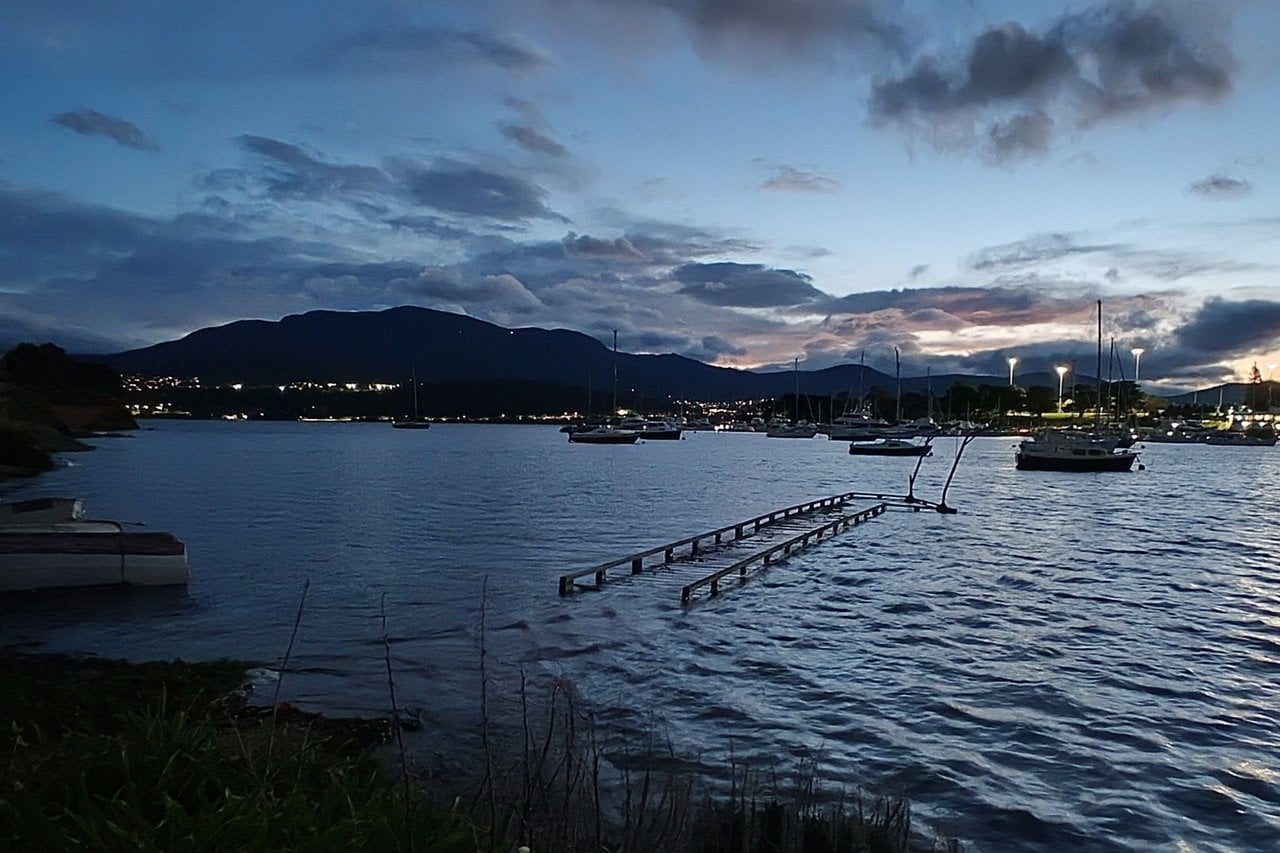Energy Minister Nick Duigan has survived a no-confidence motion after Labor accused him of misleading parliament about rising transmission costs for Tasmania’s major industrial users.
The motion was defeated 24–8 on Thursday, the same day the Tasmanian Chamber of Commerce and Industry (TCCI) called for urgent government action in what it described as an unfolding “energy crisis”.
Labor leader Dean Winter accused Duigan of being dishonest about the steep price hikes facing large energy consumers.
“The minister’s behaviour towards the major industrials today has been shameful. His performance in the parliament has been even worse, because what is even worse than incompetence is dishonesty and telling lies,” Winter said.
“I am convinced this minister has told lies to the public and told lies to the parliament and that is what we are here prosecuting.”

The dispute centres on conflicting claims about transmission cost increases for Tasmania’s four major industrial businesses – Bell Bay Aluminium, Norske Skog, Nyrstar and Liberty Bell Bay.
TasNetworks CEO Sean McGoldrick sent two letters to Duigan on Thursday attempting to clarify the situation.
While he initially stated the industrials hadn’t faced 20% increases, McGoldrick later confirmed that network charges are set to rise by 13.9% this financial year and 10.6% next year – a combined increase of around 25.2%.
Tasmanian Minerals, Manufacturing and Energy Council CEO Ray Mostogl told the ABC that major industrials had experienced transmission cost increases between 15 to 20% this financial year.
Deputy Premier Guy Barnett dismissed the motion as “a political stunt by state Labor on the last day of sitting prior to the Easter break”.
“I am … someone who has total confidence in the Minister for Energy and Renewables Mr Duigan and his work. I know and understand the commitment that he has, not just to major industrials but to growing our strong economy,” Barnett said.
TCCI CEO Michael Bailey said it is time for the government to acknowledge there is a problem and step in.
“There is a question mark over the viability of many of Tasmania’s major industrials due to an increase in transmission costs,” he said.
“If the Tasmanian government doesn’t step in and act then the Tasmanian community will pay the price.”






